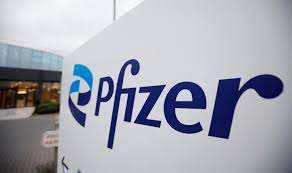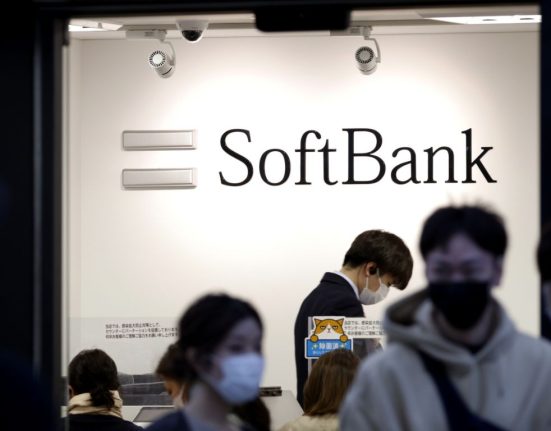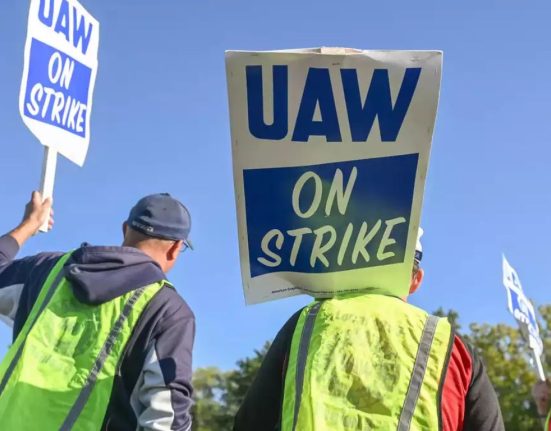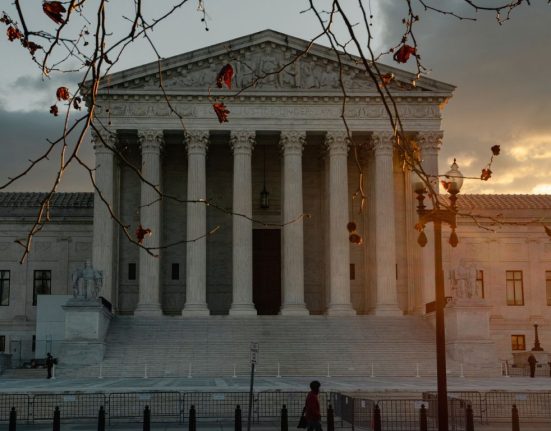Pfizer Inc. has recently announced that it is determined to provide critical new medicines more quickly in low-income nations. However, health officials have stated that Pfizer’s first vaccine effort may face hurdles, which will most likely delay distribution in poorer countries by several years.
Pfizer had previously come under fire for prioritizing wealthy nations for COVID-19 vaccine doses early in the pandemic. Following the criticism, the company committed to more equitable access and hopes to shorten the timeline in which poorer countries receive vaccines, which has historically been several years after they become available elsewhere.
The Bill and Melinda Gates Foundation awarded Pfizer a $28 million grant in September to support the launch of the respiratory syncytial virus (RSV) vaccine in low-income countries. RSV is a common cold-like virus, but it can be deadly for very young children in these regions.
Maternal RSV Vaccine
Pfizer’s maternal RSV vaccine is expected to be approved for use in pregnant women in the United States in August and in Europe several months later. The company plans to launch the product in both markets in the fall.
RSV Shot for Older Adults
The RSV shot for older adults will also be available along with the maternal RSV vaccine. The company is anticipating peak sales of more than $2 billion annually from these two vaccines.
Challenges in Vaccine Distribution
While Pfizer is making efforts to provide vaccines to low-income nations, it is faced with several challenges in terms of vaccine distribution. These hurdles will delay the distribution of vaccines in poorer countries by several years. The logistical and financial challenges are primarily due to the lack of infrastructure and resources in low-income nations.
One of the major hurdles is the requirement for ultra-cold storage conditions for the vaccine. The RSV vaccine requires storage at minus 70 degrees Celsius, which is not available in many low-income countries. Furthermore, the cost of such storage and transportation is also a significant challenge, making it difficult to distribute vaccines in these regions.
Conclusion
Pfizer’s commitment to providing critical new medicines more quickly in low-income nations is commendable. However, the company must address the challenges in vaccine distribution to ensure that these vaccines reach the most vulnerable populations in the poorest countries. Although these challenges may delay distribution, it is essential that pharmaceutical companies continue to make efforts towards more equitable access to healthcare for all.










